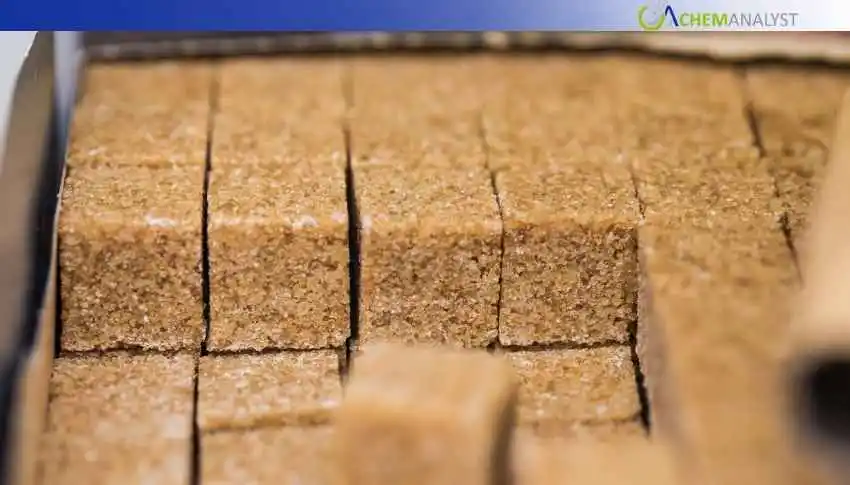Welcome To ChemAnalyst

The market for natural rubber (TSR) witnessed a surge in July due to the combination of weather disruptions, geopolitical tensions, and consistent downstream demand, especially from China, the largest importer of natural rubber (TSR) in the world.
In July 2025, the Thai natural rubber (TSR) market experienced a 2.11% jump following the decline over several months. The initial week of July, the downstream demand was dull and supply was favourable from both local and overseas territories. However, things changed quickly. By the middle of the month, things turned around quickly due to production realignments and external geopolitical pressures.
The tensions between Cambodia and Thailand—a principal natural rubber (TSR)-producing region—increased, bringing supply disruption worries. This had an influential effect on the market sentiment, pushing natural rubber (TSR) prices higher as purchasing players urgently sought to secure inventory amid heightened supply expectations.
Elsewhere in Southeast Asia, other issues added to world supply restraints. Thailand, the world's leading natural rubber (TSR) producer, struggled with unfavorable weather and plant disease, while Indonesia maintained its labor shortages and production deflection to palm oil farming. Vietnam's old natural rubber (TSR) plantations and unstable weather conditions also lowered the hopes for consistent output.
In spite of a temporary cooling of the Thailand–Cambodia crisis towards the end of July, which resulted in some relaxation in the market, weather warnings in Thailand indicate persistent supply threats. The nation's meteorological department issued isolated heavy showers and gusty winds warnings in early and mid-August, threatening fresh disruptions to natural rubber (TSR) tapping activities.
On the demand side, the scenario remained strong. China's tire sector proved resilient, with local producers consistently raising their production of both semi-steel and all-steel tires. This increase in semi-stell tire production, fueled by sufficient export orders and seasonal building activity, supported a surge in demand for natural rubber (TSR). Tire manufacturers in China, especially in provinces such as Shandong, had high operating rates throughout the month.
At the same time, worldwide vehicle sales rose 5% in H1 2025, taking their growth streak to a fifth month in June. The prolonged support in auto sales may propel production and increase natural rubber (TSR) demand, an essential raw material used in the manufacture of tires.
Ahead, the blend of seasonal production limitations, worldwide supply volatility, and consistent downstream demand will position the market on a stronger basis, and additional price fluctuations are likely in the short term. In addition, global rubber production will lag by 1.8% in 2025, the Association of Natural rubber (TSR) Producing Countries (ANRPC) says.
We use cookies to deliver the best possible experience on our website. To learn more, visit our Privacy Policy. By continuing to use this site or by closing this box, you consent to our use of cookies. More info.
